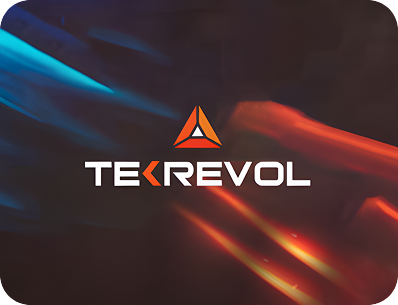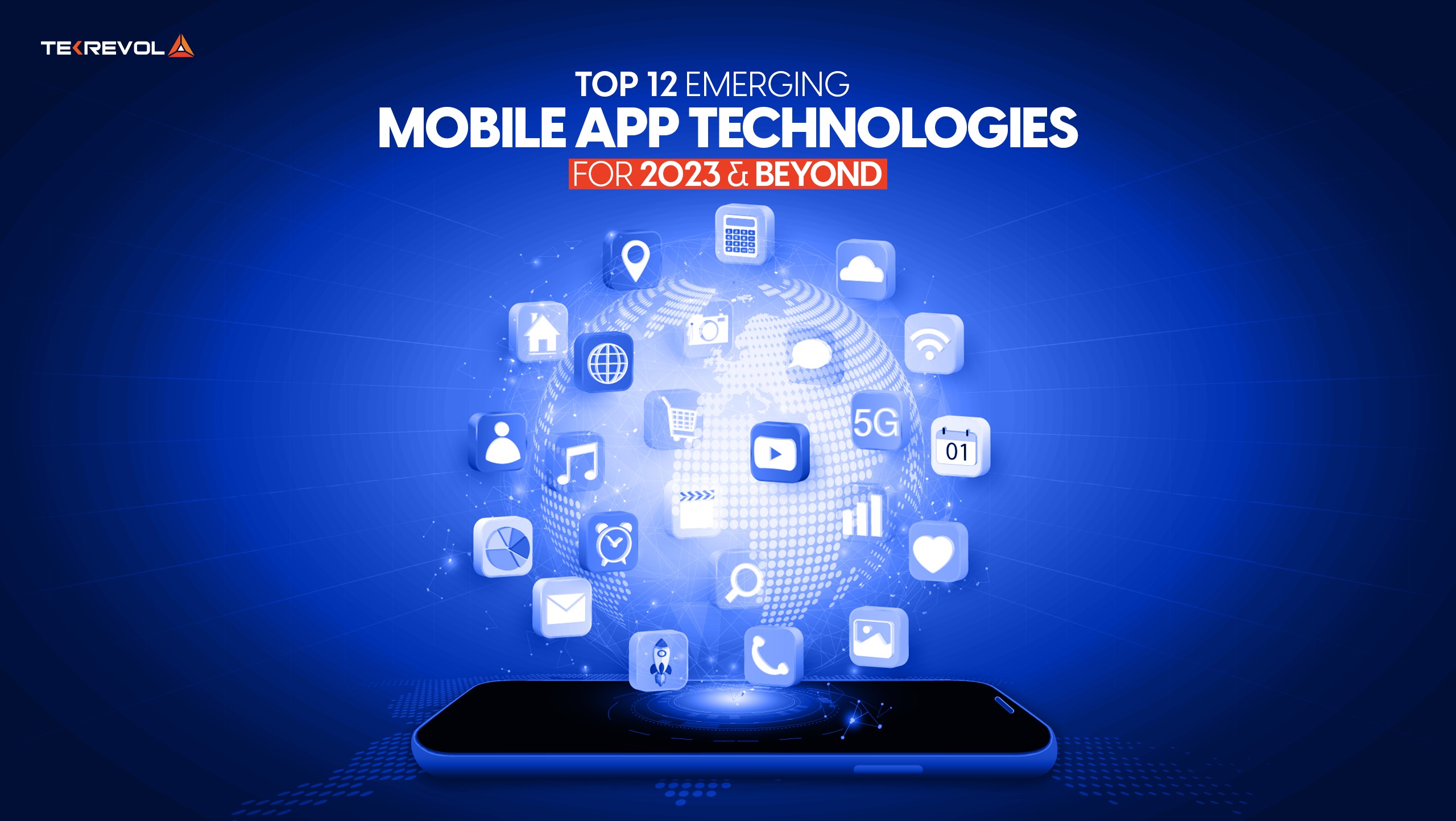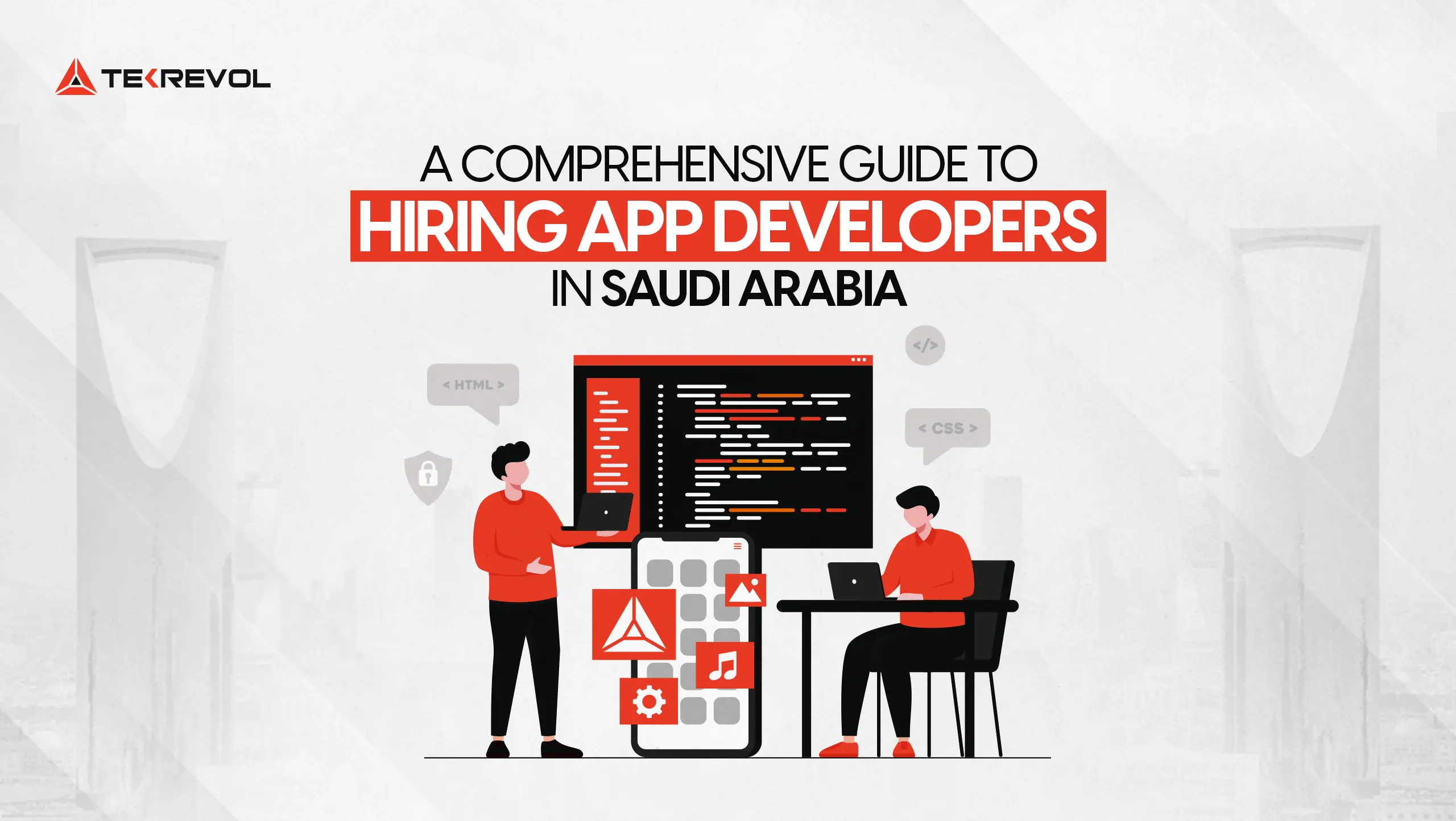Imagine developing a website in 2025, that too with zero coding knowledge, no help from a team of developers, and for absolutely free – feels too good to be true, right? Well, say hello to the Content Management Systems (CMS) -the real unsung hero of the digital world that lets you fire up stunning websites quicker than you binge-watch your favorite Netflix series.
If we talk about numbers, research says that content management systems are going to power over 73% of websites globally. Not only this, three out of four websites would be owing their existence to these CMS – so you can’t ignore having a CMS, do you?
But here’s the thing: with the numerous CMS options available, things might feel like you’re on a dating platform – everyone seems to promise everything, but whose is actually right for you?
Lucky for you, we did the homework and have broken down the top 10 CMS platforms in 2025, including trends, tips, and honest insights so that you can choose the ideal CMS for your needs.
So what are you waiting for, read the guide ahead as it’s about time that you buckle up as your website glow-up starts now!
What is a Content Management System (CMS)?
A Content Management System (CMS) is the backbone of your website. It’s software that lets you create, edit, and manage content without writing code. Whether it’s a blog, an e-commerce store, or a portfolio site, a CMS makes web content management as easy as drag-and-drop.
Here’s the kicker: A few years back, you needed to either know HTML at your fingertips or hire a company that specializes in website development just to have a website. CMS platforms came and said, “Relax, we got this.”
Today, they have evolved to be so advanced that even a total tech newbie can create a website like a pro developer would!
Evolution of CMS in 2025
As of 2025, website content management systems have leveled up. Most of them come harnessing the power of Artificial Intelligence, making content generation, SEO optimization, and even web design recommendations seem like magic!
Example Of Some Of The Most Profound CMS:
- WordPress now comes with integrated AI tools to suggest tailored plugins and themes depending on your website goals.
- Wix throws personalization up a gear by using AI to suggest design ideas based on your industry.
Beyond that, the headless CMS systems have been a game-changer for developers. These allow you to separate back-end content management from front-end display, allowing you to create your website on any device or platform.
- Still, scratching your head about what a CMS actually does?
- Let us walk you through the ins and outs of web content management -no tech jargon, just simple, relatable answers.
How to Choose the Right CMS for Your Needs in 2025
Choosing the right Content Management System (CMS) is like picking the right pair of shoes – it needs to fit your goals, be easy to use, and work well in every scenario you face.
With countless web content management systems available in 2025, each boasting advanced features and tailored solutions, trust us, it’s super easy to feel overwhelmed.
But don’t worry – you can easily handpick the ideal content management software for yourself just by having a little understanding of a few key details. Well, what are those? Let’s find out!
1. Assess Your Business Goals
Take a step back before comparing the website content management systems in order to have a complete overview of every option you have in hand:
Ask Yourself In The Mirror:
- Are you making a personal blog or creating a corporate enterprise site?
- Does your heart go towards e-commerce more, while the rest are all about the content?
- Do you have a small audience at the moment, or expect millions of monthly visitors anytime soon?
Some Key Stats To Guide You in 2025
By 2025, a survey conducted by Statista found that more than 55% of small businesses across the globe use drag-and-drop CMS for launching their sites, such as Wix and Squarespace.
- Enterprise websites: Headless CMS platforms such as Contentful and Strapi power 25% of enterprise sites worldwide.
- Scalability: Choose a CMS that can grow with your business, such as WordPress, which can easily handle small blogs as well as Fortune 500 sites. Not only this, it’s powerful enough to cater to Shopify, which is designed to scale for e-commerce brands when the site goes “bananas” during peak season.
2. Assess Your Technical Competence
How tech-savvy are you or your team? Ahan, do you think you’ll pass this question? Not on our watch. Though we are still on the same stance that you don’t really need any “coding” knowledge for CMS, it’s fair to at least assess your technical competence.
- Beginner-friendly options: If you’re new to web development, pick a CMS with an intuitive interface and drag-and-drop editors. Wix and Squarespace are the top choices here.
- Developer-focused platforms: For tech-heavy teams, Drupal, Magento, or headless CMS platforms like Webflow allow for deeper customization and complex functionality.
Many website development companies recommend WordPress because it strikes the perfect balance of being user-friendly for beginners and comes loaded with advanced features for developers.
3. Consider Your Content Needs
One thing that you should know is that the type of content you publish would be heavily influencing your choice of CMS.
- For web content management focused on blogs or media-heavy sites, WordPress and Ghost are excellent.
- If you want to manage an e-commerce catalog, consider Shopify and Magento.
- For marketing automation, HubSpot CMS is perfectly aligned with landing pages, lead generation, and email integration.
- Lost in the sea of CMS options?
- We’ll help you find the perfect CMS that fits your goals, budget, and tech skills like a glove.
The Top 10 CMS Platforms for Website Development in 2025
The choice of the best CMS for your website is like choosing your best show on Netflix – IMBD has got each of them a good rating (frustrating, right?)
To let you breathe easily and sleep well at night (we all do that, eh?), here’s an overview of the 10 Content Management Systems (CMS) that deal with every hustle and bustle of your life.
Rest assured, each of the systems comes with unique capabilities, addressing different categories of users and distinct needs. So, let’s dig in!
1. WordPress – The Veteran Powerhouse
Why It’s Still #1
Given that over 40% of all websites are powered through WordPress, it still stands out to be the best choice for CMS web development. Whether it should be a blog, an online store itself, or a full-fledged news website, WordPress’s flexible attitude is rightfully second to none.
Key Features in 2025:
- More than 60,000 plugins to customize your site.
- Better AI-based SEO tools such as Yoast SEO Premium.
- Advanced integrations for web content management, including headless capabilities.
Who Should Use It?
- Thanks to its scalability and support ecosystem, it’s perfect for everyone from beginners to large-scale businesses.
2. Shopify – The E-Commerce Beast
Why Shopify Rocks
If your focus is on online selling, Shopify is the king! It now powers 1 in 4 e-commerce websites globally. It’s a plug-and-play platform designed for seamless product management, payments, and shipping.
2025 Key Features:
- Enhanced AI tools for website content management in e-commerce.
- Major marketplace integrations such as Amazon and eBay
- Lightning-fast page load times to improve conversions.
Who Should Use It?
- E-commerce businesses looking for a robust, user-friendly platform.
3. Wix – The DIY Superstar
What Makes Wix Stand Out?
Wix is the go-to for small businesses, solopreneurs, and creatives. It’s user-friendly and comes in handy with powerful tools like AI Website Builder which can create a professional-looking website for you in minutes – and of course, no tech skills are required.
What do people say about Wix In 2025?
- More than 230 million active users worldwide.
- Features strong tools like AI website builder for automated web content management.
- Awesome design templates optimized for mobile-first indexing.
Who Should Use It?
- Anybody who desires simplicity without making any compromise on style.
4. Joomla – The Customization King
Why Joomla Deserves Love
Joomla is for users who want more flexibility than Wix but don’t need the heavy-duty power of WordPress. It’s a sweet spot for developers and users alike.
Key Features in 2025:
- Advanced tools for cms web development, including multi-language support.
- Built-in caching for faster websites.
- Improved security for safe website content management systems.
Who Should Use It?
- Businesses or developers who need a customizable, feature-rich platform.
5. Drupal – The Enterprise Titan
Why Enterprises Trust Drupal
Drupal powers 12% of Fortune 500 websites thanks to its scalability and security. This CMS is designed for large-scale businesses that need heavy customization and robust security.
Key Features in 2025:
- AI-driven personalization for user experiences.
- Headless CMS capabilities for omnichannel content delivery. Enhanced multi-site management for large organizations.
Who Should Use It?
- Enterprises or large-scale projects needing advanced content control.
6. Squarespace – The Creative’s Playground
Why It’s Loved By The Creatives?
Squarespace is loved because of its elegant templates, ease of use, and beautiful templates that catch the eye, especially among photographers, designers, and small business owners.
Key Features in 2025:
- AI-powered tools for responsive design and content management software. Marketing tools like email campaigns and analytics come built-in.
- Award-winning designs for websites that stand out.
Who Should Use It?
- Anyone in the creative industry who prioritizes aesthetics.
7. Magento (Adobe Commerce) – The E-Commerce Juggernaut
What’s New in Magento?
Magento, now under Adobe, is a powerhouse for enterprise-level e-commerce businesses. It’s perfect for large catalogs and complex inventories.
2025 Features:
- AI-driven product recommendations to drive sales.
- Cloud-hosted performance for fast page loads.
- Seamless integration with Adobe’s marketing suite.
Who Should Use It?
- E-commerce giants with big budgets and even bigger inventories.
8. HubSpot CMS – The Marketing Mastermind
Why Marketers Love HubSpot CMS
Designed for inbound marketing, HubSpot CMS combines content management software with built-in CRM tools.
Key Features in 2025:
- Personalized content suggestions based on visitor behavior.
- AI analytics to predict the best-performing content.
- Fully integrated tools for SEO, blogging, and lead capture.
Who Should Use It?
- Marketing teams or businesses focused on lead generation.
9. Ghost – The Blogger’s Dream
Why Bloggers Swear by Ghost?
If blogging is what you want to do the most, then Ghost is the platform for you. Lightweight, fast, and distraction-free, you focus on writing and publishing.
2025 Features:
- Lightning-fast performance with clean designs.
- Integrated membership tools for monetizing content.
- Advanced SEO features for better web visibility.
Who Should Use It?
- Writers, bloggers, and content creators.
10. Webflow – The No-Code Revolution
Why Webflow is a Game-Changer
Webflow brings the flexibility of coding together with the simplicity of the drag-and-drop to the use. Most suitably and significantly, it’s perfect for developers and designers who want full creative control without writing a single line of code.
2025 Features:
- Enhanced headless CMS capabilities.
- AI-driven recommendations for enhancing UX.
- A thriving marketplace of templates and add-ons.
Who Should Use It?
- The designers and developers who would like to be creative but not bothered with coding.
Too much information to absorb? Here is a summarized version of exactly what we said above.
| CMS Platform | Best For | Key Features (2025) | Who Should Use It? |
| WordPress | Flexibility and scalability | 60,000+ plugins-driven SEO toolsHeadless CMS capabilities | Bloggers, businesses, large-scale websites |
| Shopify | E-commerce | Seamless product management-powered recommendations integration with Amazon and eBay | Online retailers and e-commerce businesses |
| Wix | User-friendly DIY website building | AI-powered website builder230M+ active users mobile-first templates | Small businesses, creatives, and solopreneurs |
| Joomla | Customization and flexibility | Multi-language support built-in cachingAdvanced security | Developers and medium-sized businesses |
| Drupal | Enterprise-level websites | AI personalizationHeadless CMS capabilitiesMulti-site management | Enterprises and large-scale organizations |
| Squarespace | Creative industries | Award-winning templates, built-in marketing tools-powered responsive design | Photographers, designers, small businesses |
| Magento (Adobe Commerce) | Enterprise e-commerce | AI-driven product recommendationsCloud-hosted performanceAdobe integrations | Large e-commerce businesses |
| HubSpot CMS | Marketing and lead generation | CRM integration analytics for content built-in SEO tools | Marketing teams and lead-focused businesses |
| Ghost | Blogging and content creation | Lightning-fast performanceMembership tools advanced SEO | Bloggers and content creators |
| Webflow | Design freedom without coding | No-code builder with developer featuresHeadless CMScapabilitiesI-powered UX suggestions. | Designers, developers, and creatives |
With that being said, every one of these website content management systems has unique benefits catering to specific use cases.
Whether you are a website development company engaged in working on a complex enterprise site or a solo entrepreneur building your first blog, there surely will be a CMS for you in 2025.
So, ask yourself, from all of the CMS listed above, which one is going to be?
See How Tekrevol Can Help You Achieve The Best Content Management System.
Feeling overwhelmed with all the Content Management Systems (CMS) options out there? Let Tekrevol be your guide in the wild world of web content management systems. Whether you’re a startup dreaming of a sleek blog, a retail brand chasing e-commerce glory, or an enterprise itching for powerful content management software, we’ve got the tools, expertise, and creative chops to make it happen.
We create digital experiences here at Tekrevol rather than just building websites. Years of experience with being one of the top website development companies makes us understand that we can get the right CMS for your individual needs. Not cookie-cutter solutions, however; expect custom strategies, smooth integrations, and a site that works (crazy concept, huh?).
So, why worry? Let Tekrevol take care of the tech while you work on building your business.
Let’s revolutionize your CMS game today!
- Ready to meet your best CMS Soulmate?
- Check out how Tekrevol Can Help You - Trust Us, There’s Something For Everyone!








![How to Monetize a Game [2026 Strategies & Models]](https://d3r5yd0374231.cloudfront.net/images-tek/uploads/2026/01/Tek-Feature-3.jpg)



